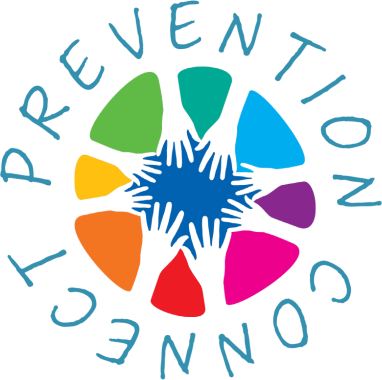
We know that exercise promotes health and well-being. A growing body of research also suggests that adding exercise to addiction treatment and recovery strengthens that treatment by reducing cravings and triggers.
Benefits of Exercise in Addiction Treatment
Since the goal of addiction treatment is to teach individuals to foster healthy, drug-free living while feeling better emotionally, mentally, and physically, exercise can help. Exercise releases neurotransmitters like endorphins that provide a natural high and endocannabinoids, which are concentrated in the central nervous system. The endocannabinoid system (ECS) is a homeostatic regulator that, like endorphins, provides a boost after you’ve worked up a sweat.
Addiction can wreck your body, but exercise can heal the damage. Exercise also improves your body image, increases confidence, raises energy levels, and promotes well-being.
Creating a regimented daily routine that includes exercise helps recovering addicts stay committed to their goals. People who greet the morning with stretches, a walk, a jog, or yoga clear their minds and prepare for the day. A quick walk at lunch relieves stress and anxiety. An evening workout with friends provides a healthy environment in which to socialize. When fitness becomes a long-term strategy incorporated into your addiction recovery, you increase your chances of overcoming substance abuse and avoiding relapse.
Exercises to Try
Some people hate going to the gym, while others appreciate the structure it affords. Regardless of your decision, choose activities you enjoy, and don’t be afraid to mix it up now and then to avoid burning out on one particular exercise.
Here are some great options:
- Walking, jogging, or running
- Skateboarding or roller skating
- Skiing or snowboarding
- Martial arts
Activities in nature
Nature provides a welcoming therapeutic environment because it facilitates your connection to the natural world. Whether you challenge yourself with a difficult hike or a bike ride along a smooth path, you’ll improve your self-esteem and feel a sense of accomplishment. Gardening also requires that you spend time in the sunshine — and if you plant an edible garden and add those fruits and vegetables to your meals, you’ll eat more healthfully, too.
Team activities
Participating in a casual group sport, such as basketball, baseball, softball, tennis, volleyball, or ping-pong, provides a substance-free environment in which to cultivate healthy relationships.
Swimming
When you’re also recovering from physical effects of substance abuse, exercise can hurt. But if you swim, you’ll heal your joints and muscles with less strain. Water eases tension and the soreness that results from withdrawal. You’ll also calm your mind.
Yoga
Another low-impact activity that helps to heal your mind and body is yoga. From the relaxing, restorative yoga to the more intense yoga that works to strengthen your body, each style includes meditation. This outlet trains you to calm your mind, think past temptations and cravings, and focus on and address triggers.
Set Yourself Up for Long-Term Success
If you’re ready to establish an exercise routine to increase your physical fitness, start small with easily-achievable goals. Work with your treatment team to create a program that complements your recovery program or aftercare plan.
- Try a few different activities so you don’t get bored with one type.
- Get your doctor’s OK to ensure that the activities won’t result in injury.
- Build exercise time into your daily schedule. Add it to your calendar like you would any appointment or commitment so you’re not tempted to make excuses to skip it.
- Encourage friends to join you or create an accountability group so you can stay motivated.
Think of exercise as a great investment of your time rather than a chore to tick off a list. Don’t get discouraged because your progress is slow — as long as you’re moving forward, you’re making progress, and that’s what counts. Gradually, your energy will increase, and you’ll feel better and better after each workout. You can set different goals to work toward, and as your body regulates and calibrates itself, it will transform into something healthier, stronger, and more energized — and that’s a powerful reinforcement for staying sober.
Photo from Pixabay
